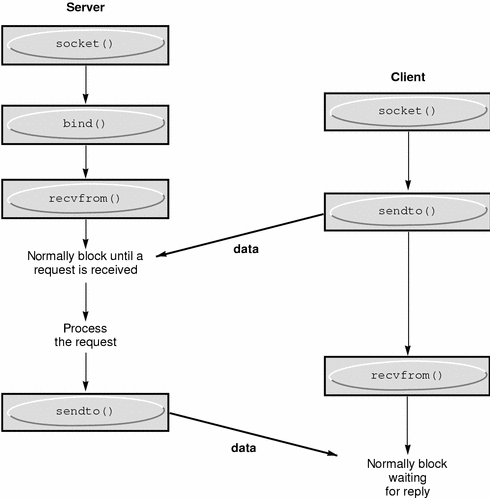

- #REASONS FOR SOCKER ERROR 1 HOW TO#
- #REASONS FOR SOCKER ERROR 1 CODE#
- #REASONS FOR SOCKER ERROR 1 OFFLINE#
Advertisements Why a Docker container terminates
#REASONS FOR SOCKER ERROR 1 HOW TO#
How to prevent a container from stopping.What if my Docker container dies immediately?.How to find out why a Docker container exits.So why does a container stop? On this page When this process finishes, the container exits. They only run (contain) a specific process. You probably know that VMs are like virtual computers that keep running until you tell them to stop.īut containers don’t run an entire operating system. Containers are not like virtual machines. To understand why containers exit, it’s really helpful to understand the difference between containers and VMs. This is especially the case if you’re using Kubernetes, which will restart failed containers, and give you that dreaded CrashLoopBackOff error. But, nevertheless, you might be wondering why it’s exited! That means that, sooner or later, your Docker container will come to a complete stop, whether by choice or accident.Ī Docker container exiting doesn’t usually indicate that something is wrong. Window.When you run a container image you’ve pulled from a registry like Docker Hub, you’re launching a process. Pre.innerHTML = message output.appendChild(pre) WriteToScreen("SENT: " + message) nd(message) Output = document.getElementById("output") The following program explains how to show error messages using Web Sockets −

Please connect to the Internet and try again.")
#REASONS FOR SOCKER ERROR 1 CODE#
Error code 1000 means that the connection was closed normally.Īlert("You are offline. Here is how to inform the user that the network is not available and try to reconnect when a WebSocket close event occurs −
#REASONS FOR SOCKER ERROR 1 OFFLINE#
Offline mode means that either the device is not connected or the user has selected the offline mode from browser toolbar. This is achieved via the navigator object − HTML5, though, made it even easier and introduced a way to check whether the browser can accept web responses. Similarly, HTML has XMLHttpRequest for determining network availability. If the request succeeds, the desktop or mobile device knows there is active connectivity. The most common way of doing so is simply making an HTTP request to a website that is supposed to be up (for example, ). In modern native desktop and mobile applications, it is a common task to check for network availability. Imagine that your users are enjoying your web app, when suddenly the network connection becomes unresponsive in the middle of their task.

The most important one is the network connectivity.Īny interactive bidirectional web application requires, well, an active Internet connection. Internal parameters include errors that can be generated because of the bugs in your code, or unexpected user behavior.Įxternal errors have nothing to do with the application rather, they are related to parameters, which cannot be controlled. When it comes to error handling, you have to consider both internal and external parameters. Var label = document.getElementById("status-label") The event onerror is followed by a connection termination, which is a close event.Ī good practice is to always inform the user about the unexpected error and try to reconnect them. The onerror event is fired when something wrong occurs between the communications. Onerror is always followed by termination of connection. It is marked with the help of onerror event. Error are generated for mistakes, which take place during the communication. Once a connection has been established between the client and the server, an open event is fired from the Web Socket instance.


 0 kommentar(er)
0 kommentar(er)
